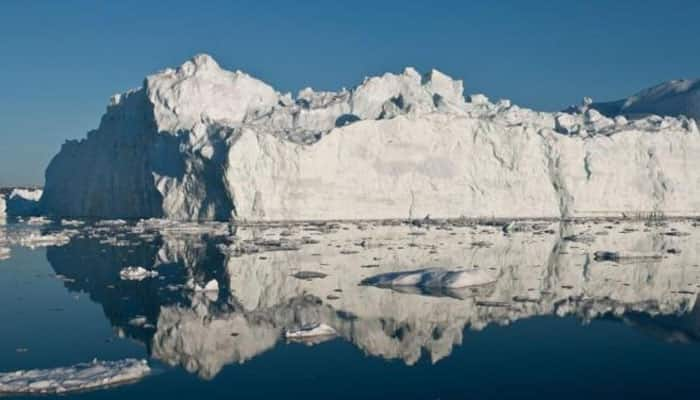Canberra: Land-ice decay at the end of the last five ice-ages caused global sea levels to rise at rates of up to 5.5 metres per century, according to a new study.
An international team of researchers developed a 500,000-year record of sea-level variability to provide the first account of how quickly sea-level changed during the last five ice-age cycles.
The results also found that more than 100 smaller events of sea-level rise took place in between the five major events.
"The really fast rates of sea-level rise typically seem to have happened at the end of periods with exceptionally large ice sheets, when there was two or more times more ice on the Earth than today," explained Katharine Grant from Australian National University (ANU), Canberra.
Time periods with less than twice the modern global ice volume show almost no indications of sea-level rise faster than about two metres per century.
"Those with close to the modern amount of ice on Earth show rates of up to one to 1.5 metres per century," he added.
The team reconstructed sea-levels using data from sediment cores from the Red Sea - an area that is very sensitive to sea-level changes because its only natural connection with the open (Indian) ocean is through the very shallow Bab-el-Mandab Strait.
These sediment samples record wind-blown dust variations, which the team linked to a well-dated climate record from Chinese stalagmites.
Due to a common process, both dust and stalagmite records show a pronounced change at the end of each ice age, which allowed the team to date the sea-level record in detail.
"For the first time, we have data from a sufficiently large set of events to systematically study the time-scale over which ice-sheet responses developed from initial change to maximum retreat," informed Eelco Rohling from University of Southampton and ANU.
The study appeared in the journal Nature Communications.
















